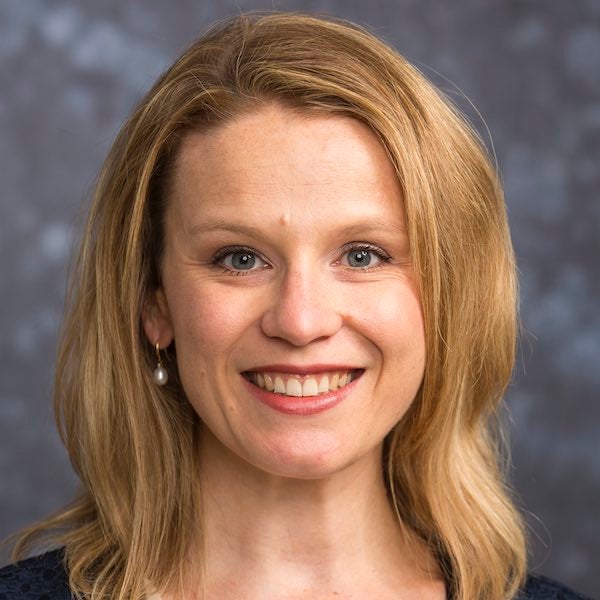Research Areas
Dr. Pollnitz is an intellectual historian of early modern Europe and, more recently, the Atlantic world. She investigates the impact of liberal education on students and on the political and religious culture of the sixteenth and seventeenth centuries. Rather than inculcating ideology and restraining political action, she shows that humanism (the study of classical grammar, rhetoric, history, moral philosophy, literature, and scripture) gave its students the power to refute their pedagogues, adapt doctrines, and assert their wills. Dr. Pollnitz’s publications argue that schoolrooms were significant crucibles for political and religious debate in the early modern world. Dr. Pollnitz is committed to facilitating undergraduate research. She welcomes inquiries from students who wish to undertake summer or semester-long independent research projects, history honors theses, and Mellon Mays or Rice Undergraduate Scholars Program theses. In the past, she has advised undergraduate student research on topics including: radical religion and early modern print; the decline of witchcraft trials; Tudors on film; architecture and the invention of tradition in Georgian England; attitudes towards suicide in early modern Britain; European travel-writing on the Ottoman Empire; Jesuit political thought; Italian recipe books and the Renaissance spice trade; the representation of indigenous Americans in European travel-writing; and on rhetorical manuals for New World preachers. Her advisees have secured funding to undertake research at archives and rarebook libraries in the United States and in Europe. In addition, her 300 and 400 level classes require a research paper.

